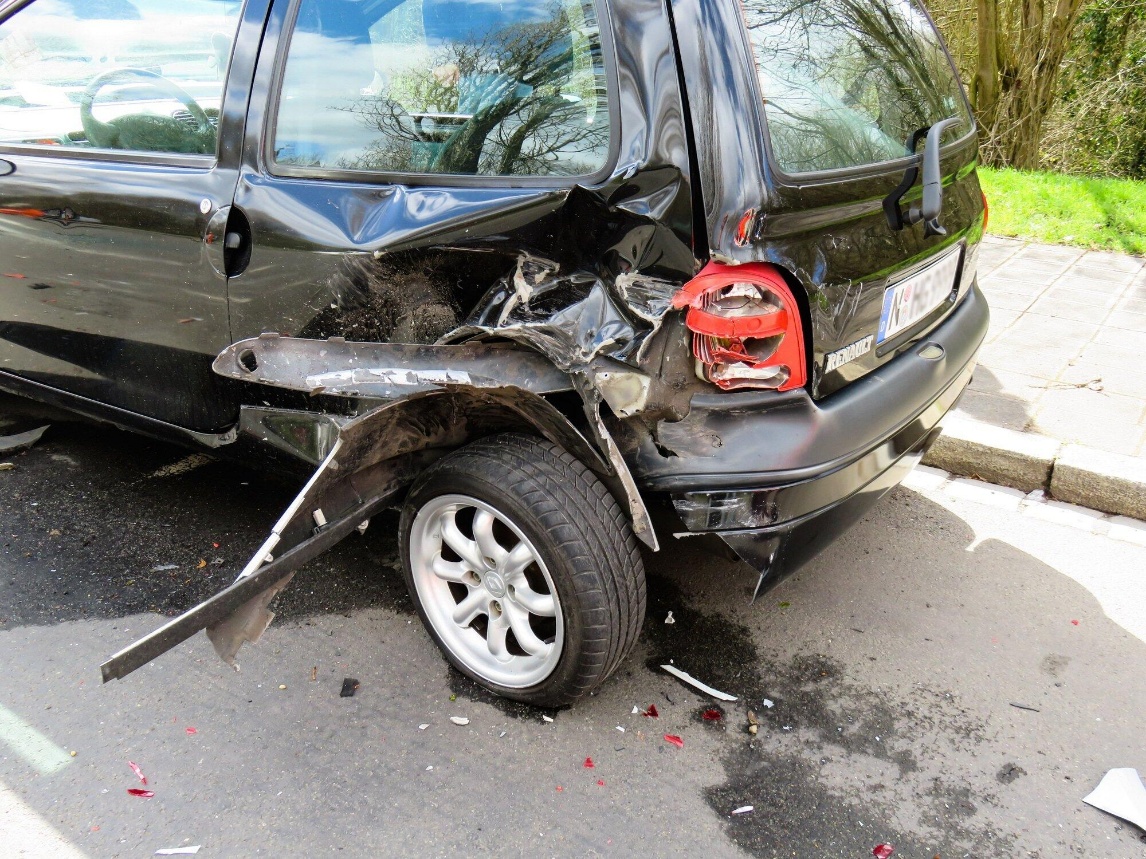If you’re in an accident and get hurt, you may wonder how to prove your case. In these situations, police reports hold significant weight in supporting personal injury claims. They are usually the first official record of an incident.
They can give key facts that may affect your compensation request. Understanding police reports is crucial for anyone considering a personal injury claim.
Importance of Police Reports in Personal Injury Cases
Police reports are more than just paperwork. They are legal documents made by law enforcement that describe the facts of an incident. They include crucial information such as:
- the date and time of the accident
- the parties involved
- witness statements
- preliminary conclusions
This information is pivotal when determining liability during personal injury claims.
What Information is Included in Police Reports?
A typical police report includes various details that can support a personal injury case, including:
Incident Summary
An overview of what happened, including specific circumstances surrounding the accident.
Parties Involved
Names and contact information of the individuals involved, including drivers, passengers, and pedestrians.
Witness Statements
Accounts from witnesses can provide an unbiased perspective on the incident.
Vehicle Information
Details related to the vehicles involved, including license plate numbers and insurance details.
Officer Observations
Initial thoughts or notes from the responding officer about blame or any tickets given.
In areas like Seattle, departments often have streamlined processes to request your report efficiently.
How to Get a Police Report
Obtaining a police report is a straightforward process. After an accident, you should ask the responding officer how to get a copy of the report. Generally, you can access it through the police department’s website, in person, or via mail.
There may be a small fee associated with obtaining a copy. Need to to act quickly, as certain jurisdictions have specific time frames within which you must request a report.
If that feels daunting, consider seeking assistance from a personal injury attorney. They usually have the skills and tools to speed up gathering important documents for your case.
Using Police Reports to Strengthen Your Claim
Once you have your police report, it can play a pivotal role in your personal injury claim. Here’s how you can leverage it:
First, the report can serve as a foundation for your narrative. Insurance companies often check the report to decide who is liable. If it supports your claim, you may receive a more favorable settlement offer directly based on the contents of the report.
Also, police reports can help fight against different stories from the other party. If the other party contests liability, your report can provide documented evidence to support your version of events.
An official document can help you work with medical providers and others in your case. Providers may need paperwork to treat your accident-related injuries. A strong report can help support your claims and make the process easier.
Consider Legal Guidance
Handling personal injury claims can be tough. It’s important to use evidence well. Retaining a skilled attorney can help demystify the process.
Lawyers can explain how police reports connect with other evidence. This includes medical records and witness statements. They help build a strong, clear case.
The Takeaway on Police Reports
Understanding the role of police reports in personal injury claims is essential for anyone looking to seek compensation. These documents provide verified information crucial to establishing liability and supporting your case. Be proactive in obtaining your report and consider enlisting legal representation to bolster your chances of a successful claim.
For more helpful tips, check out the rest of our site today.










